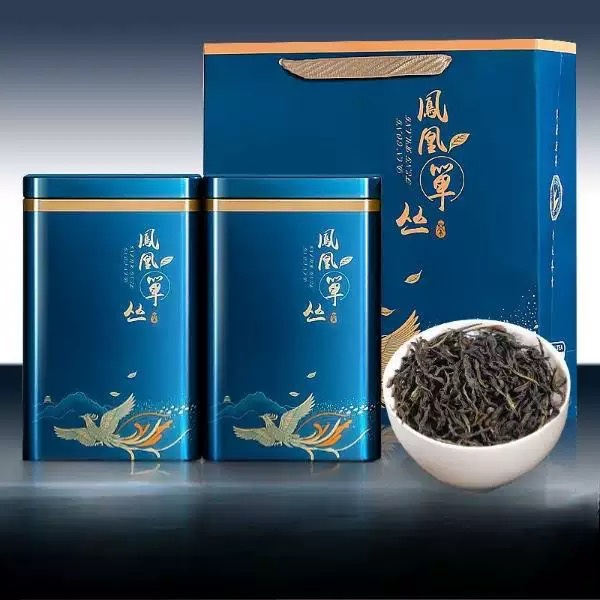
# Oolong Tea’s Impact on Metabolic Rate and Fat Oxidation
## Introduction
Oolong tea, a traditional Chinese tea with a rich history, has gained increasing attention in recent years for its potential metabolic benefits. This partially oxidized tea sits between green and black tea in terms of processing and flavor profile, but its effects on metabolism may be particularly noteworthy. Let’s explore how oolong tea influences metabolic rate and fat oxidation.
## Understanding Oolong Tea’s Composition
Oolong tea contains a unique combination of polyphenols, caffeine, and other bioactive compounds that contribute to its metabolic effects. The partial oxidation process gives oolong tea a distinct chemical profile that differs from both green and black teas.
Key components include:
– Catechins (particularly EGCG)
– Theaflavins
– Thearubigins
– Caffeine
– L-theanine
## How Oolong Tea Boosts Metabolism
Research suggests oolong tea may increase metabolic rate through several mechanisms:
### Thermogenic Effects
The combination of caffeine and polyphenols in oolong tea appears to stimulate thermogenesis – the body’s heat production process that burns calories. Studies show this effect can persist for several hours after consumption.
### Enhanced Fat Oxidation
Oolong tea has been shown to increase the body’s ability to use fat as fuel. This fat-burning effect may be particularly pronounced during exercise when combined with oolong tea consumption.
### Improved Insulin Sensitivity
Some research indicates oolong tea may help regulate blood sugar levels and improve insulin sensitivity, which can indirectly support a healthier metabolism.
Keyword: Oolong Tea and Metabolism
## Scientific Evidence Supporting Oolong Tea’s Metabolic Benefits
Several studies have examined oolong tea’s effects on metabolism:
1. A 2001 study published in the Journal of Nutrition found that oolong tea consumption increased energy expenditure by 2.9% and fat oxidation by 12% compared to water.
2. Research from 2003 demonstrated that regular oolong tea drinkers experienced greater fat-burning effects than those consuming green tea.
3. A 2016 study showed that oolong tea extract helped reduce body weight and fat mass in obese subjects.
## Practical Tips for Maximizing Metabolic Benefits
To get the most metabolic benefit from oolong tea:
– Drink 2-3 cups daily
– Consume before exercise for enhanced fat burning
– Choose high-quality, loose-leaf varieties
– Avoid adding excessive sugar or milk
– Drink between meals for optimal absorption
## Potential Considerations
While oolong tea is generally safe, some individuals should exercise caution:
– Those sensitive to caffeine may need to limit intake
– People with iron deficiency should avoid drinking tea with meals
– Pregnant women should consult their doctor about caffeine intake
– Some medications may interact with tea compounds
## Conclusion
Oolong tea offers a natural way to potentially boost metabolism and enhance fat oxidation. While not a magic solution for weight loss, when combined with a healthy diet and regular exercise, oolong tea may provide meaningful metabolic benefits. As with any dietary change, it’s best to consult with a healthcare professional, especially if you have existing health conditions.